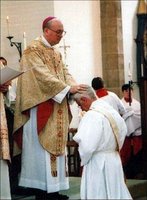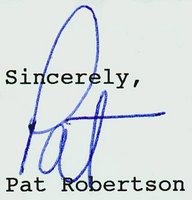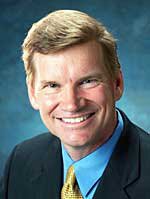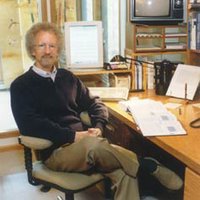
The Catholic Church is getting a lot of press on the newly released Document on Priesthood. Here is an excerpt containing the most controversial portion:
(20) The spiritual director has the obligation to evaluate all the qualities of the candidate's personality and to make sure that he does not present disturbances of a sexual nature, which are incompatible with the priesthood. If a candidate practices homosexuality or presents deep-seated homosexual tendencies, his spiritual director, as well as his confessor, have the duty to dissuade him in conscience from proceeding toward ordination. It goes without saying that the candidate himself has the primary responsibility for his own formation.(21) He must offer himself trustingly to the discernment of the Church, of the bishop who calls him to orders, of the rector of the seminary, of his spiritual director and of the other seminary educators to whom the bishop or major superior has entrusted the task of forming future priests. It would be gravely dishonest for a candidate to hide his own homosexuality in order to proceed, despite everything, toward ordination. Such a deceitful attitude does not correspond to the spirit of truth, loyalty and openness that must characterize the personality of him who believes he is called to serve Christ and his Church in the ministerial priesthood.
So here's an interesting question. If, for the purposes of this discussion, some people are predisposed genetically to homosexuality, but they vow to be celibate as a priest, and indeed they truly remain celibate, then should they be banned from ordination and serving as a priest? Is this fundamentally different from a celibate heterosexual being ordained and serving as a priest?
Another intriguing way of wording this question is this: If some people are genetically predisposed to homosexuality, then would God call these people to serve as celibate priests?
What do you think? I can see arguments for both sides.
Filed in: catholicism, ordination, ministry, church, theology























